Politicians Giang Trach Dan
Index of content:
Giang Trach Dan
Living place: Bac Kinh
Birthday: 17-8-1926
Global rank: #44359
Email: updating
Phone number: updating
Who is Politicians Giang Trach Dan?
Jiang Zemin is the third generation leader of the Chinese Communist Party (CCP). He held the position of General Secretary of the Party from 1989-2002. From 1993 to 2003, he served as President of the People's Republic of China. From 1989-2004, he served as Chairman of the Central Military Commission.
After graduating with a degree in electrical engineering in 1947. Jiang Zemin was admitted to the Communist Party of China while he was still a young man. is a student. In the 1950s, he was sent to study at an automobile factory in Moscow. After that, he worked at the first major automobile factory in Changchun. After that, he moved to work as a manager for the Chinese government, and then began to rise up in the Chinese national political system. In 1983, he served as Minister of Electrical Industry. In 1985, he assumed the position of Chairman of Shanghai Municipality, then was promoted to the position of Party Secretary of Shanghai. Since 1987, he has been a member of the Politburo of the CCP Central Committee. In 1989, China faced a new crisis, the Tiananmen Square protest. While the central government is confused because it has not found a solution. Deng Xiaoping has introduced the "Open Door Policy", proving a very important thing. and wise, it's helped China's economy grow at an astonishing rate for decades. June of the same year, Deng Xiaoping dismissed Mr. way too moderate in the face of protesting students. At that time. Jiang Zemin is currently the Secretary of the Shanghai Municipal Party Committee, which is the new economic center of China. After the protests became more and more complicated, the then General Secretary of the CCP - Zhao Ziyang had been fired again, so Jiang Zemin was appointed by the Dang leadership to the position of Li Ruihuan in Tianjin. , Prime Minister Ly Bang, Tran Van, and a number of other leaders to target the position of General Secretary. At that time, Jiang Zedan was considered an unsuitable candidate for the position of head of the Party. But within only 3 years, Deng Xiaoping gradually transferred all power in the Chinese Party and State to Jiang Zemin.
In 1989, Jiang Zemin sat at the highest position in China, with a very powerful support base. In the early years, Jiang Zemin used Deng Xiaoping as a front for himself. With his neo-conservative views, Giang declared against "bourgeois liberalization". However, Deng Xiaoping said that, for China to continue with economic reform and modernization, it is necessary to use the only method of maintaining the power of the Communist Party. Therefore, the views of the two sides have opposing points. In 1992, Deng Xiaoping more strongly criticized Jiang Zemin's leadership. During a visit to the South, Deng Xiaoping cleverly pointed out that the current pace of economic reform is not strong enough, and that the "central leadership" (led by Jiang Zemin) must take the main responsibility. . In 1993, Jiang Zemin coined a new term, "Socialist market economy", a seemingly paradoxical claim, from a centrally planned economy to a private market economy. version under the control of the state. This is considered a great step forward in the policy of "Socialism with Chinese characteristics" of Deng Xiaoping. After regaining Deng Xiaoping's confidence, Jiang Zemin put many of his confidants in Thuong Hai to hold important government positions. Giang abolished the Central Advisory Committee, a body composed of many adept leaders aimed at centralizing power.
In early 1997, Deng Xiaoping passed away. At Mr. Binh's funeral, Jiang Zemin read eulogy and shed tears that the Chinese consider fake. After that, Jiang Zemin expressed his goal in running China's economy, which is stability. He believes that a stable government with supreme centralization will be a prerequisite and accepts the delay of political reform, which is inherently the cause of so many problems. Jiang Zemin also continued to pour capital into the Special Economic Zone and the coastal zones.
Among China's leaders, Jiang Zemin is said to be the first to use television to promote his personal image, to gain a reputation as charismatic, although not exactly is absolute. In 1996, Jiang continued to introduce reform measures towards the state-run media, to strengthen his "leadership nucleus" and suppress political opponents.
Since 1999, the Chinese media has been used to persecute Falun Gong, whose originator is believed to be Jiang Zemin. Falun Gong's direct persecution of a group of good people has caused Jiang Zemin to be strongly criticized in Western countries. At that time, Giang was said to have a conflict with the incumbent prime minister, Zhu Rong Co in handling this rapidly growing mental movement. Giang ordered the arrest of the coordinators and cleaned up the protests, despite many protest actions by human rights groups. To date, Jiang Zemin is also the defendant of many lawsuits related to the brutal persecution of Falun Gong practitioners, who have faith in Truthfulness-Compassion-Forbearance, want to be good people and have have a healthy body. The Epoch Times also published a book titled "Anything for Power: The Real Story of China's Jiang Zemin (All for Power: The True Story of China's Jiang Zemin), intended to strongly criticize the evil deeds Jiang has done to the Falun Gong group.
At the university During the 16th Congress of the CCP, Jiang Zemin introduced his Three Represents Theory and the Party's system of Statutes.Jiang's Three Represents theory has many contrasts with Marxism-Leninism and Maoism, but it is still enshrined in China's Constitution.It has received much criticism from those who believe it is part of the deification of Jiang Zemin.Many political analysts consider the Three Great Doctrine. Giang's face is his own attempt to expand on Marxist-Leninist principles, and bring him up to par with Mao Zedong and Deng Xiao jar.
In 2002, Jiang left the Standing Committee of the Politburo of the Communist Party of China, making way for Hu Jintao, helping Hu rise to the position of General Secretary of the CCP. On September 19, 2004, Jiang resigned as Chairman of the Central Military Commission, his last position in the CCP.
Jiang Zemin is the third generation leader of the Chinese Communist Party (CCP). He held the position of General Secretary of the Party from 1989-2002. From 1993 to 2003, he served as President of the People's Republic of China. From 1989-2004, he served as Chairman of the Central Military Commission.
After graduating with a degree in electrical engineering in 1947. Jiang Zemin was admitted to the Communist Party of China while he was still a young man. is a student. In the 1950s, he was sent to study at an automobile factory in Moscow. After that, he worked at the first major automobile factory in Changchun. After that, he moved to work as a manager for the Chinese government, and then began to rise up in the Chinese national political system. In 1983, he served as Minister of Electrical Industry. In 1985, he assumed the position of Chairman of Shanghai Municipality, then was promoted to the position of Party Secretary of Shanghai. Since 1987, he has been a member of the Politburo of the CCP Central Committee. In 1989, China faced a new crisis, the Tiananmen Square protest. While the central government is confused because it has not found a solution. Deng Xiaoping has introduced the "Open Door Policy", proving a very important thing. and wise, it's helped China's economy grow at an astonishing rate for decades. June of the same year, Deng Xiaoping dismissed Mr. way too moderate in the face of protesting students. At that time. Jiang Zemin is currently the Secretary of the Shanghai Municipal Party Committee, which is the new economic center of China. After the protests became more and more complicated, the then General Secretary of the CCP - Zhao Ziyang had been fired again, so Jiang Zemin was appointed by the Dang leadership to the position of Li Ruihuan in Tianjin. , Prime Minister Ly Bang, Tran Van, and a number of other leaders to target the position of General Secretary. At that time, Jiang Zedan was considered an unsuitable candidate for the position of head of the Party. But within only 3 years, Deng Xiaoping gradually transferred all power in the Chinese Party and State to Jiang Zemin.
In 1989, Jiang Zemin sat at the highest position in China, with a very powerful support base. In the early years, Jiang Zemin used Deng Xiaoping as a front for himself. With his neo-conservative views, Giang declared against "bourgeois liberalization". However, Deng Xiaoping said that, for China to continue with economic reform and modernization, it is necessary to use the only method of maintaining the power of the Communist Party. Therefore, the views of the two sides have opposing points. In 1992, Deng Xiaoping more strongly criticized Jiang Zemin's leadership. During a visit to the South, Deng Xiaoping cleverly pointed out that the current pace of economic reform is not strong enough, and that the "central leadership" (led by Jiang Zemin) must take the main responsibility. . In 1993, Jiang Zemin coined a new term, "Socialist market economy", a seemingly paradoxical claim, from a centrally planned economy to a private market economy. version under the control of the state. This is considered a great step forward in the policy of "Socialism with Chinese characteristics" of Deng Xiaoping. After regaining Deng Xiaoping's confidence, Jiang Zemin put many of his confidants in Thuong Hai to hold important government positions. Giang abolished the Central Advisory Committee, a body composed of many adept leaders aimed at centralizing power.
In early 1997, Deng Xiaoping passed away. At Mr. Binh's funeral, Jiang Zemin read eulogy and shed tears that the Chinese consider fake. After that, Jiang Zemin expressed his goal in running China's economy, which is stability. He believes that a stable government with supreme centralization will be a prerequisite and accepts the delay of political reform, which is inherently the cause of so many problems. Jiang Zemin also continued to pour capital into the Special Economic Zone and the coastal zones.
Among China's leaders, Jiang Zemin is said to be the first to use television to promote his personal image, to gain a reputation as charismatic, although not exactly is absolute. In 1996, Jiang continued to introduce reform measures towards the state-run media, to strengthen his "leadership nucleus" and suppress political opponents.
Since 1999, the Chinese media has been used to persecute Falun Gong, whose originator is believed to be Jiang Zemin. Falun Gong's direct persecution of a group of good people has caused Jiang Zemin to be strongly criticized in Western countries. At that time, Giang was said to have a conflict with the incumbent prime minister, Zhu Rong Co in handling this rapidly growing mental movement. Giang ordered the arrest of the coordinators and cleaned up the protests, despite many protest actions by human rights groups. To date, Jiang Zemin is also the defendant of many lawsuits related to the brutal persecution of Falun Gong practitioners, who have faith in Truthfulness-Compassion-Forbearance, want to be good people and have have a healthy body. The Epoch Times also published a book titled "Anything for Power: The Real Story of China's Jiang Zemin (All for Power: The True Story of China's Jiang Zemin), intended to strongly criticize the evil deeds Jiang has done to the Falun Gong group.
At the university During the 16th Congress of the CCP, Jiang Zemin introduced his Three Represents Theory and the Party's system of Statutes.Jiang's Three Represents theory has many contrasts with Marxism-Leninism and Maoism, but it is still enshrined in China's Constitution.It has received much criticism from those who believe it is part of the deification of Jiang Zemin.Many political analysts consider the Three Great Doctrine. Giang's face is his own attempt to expand on Marxist-Leninist principles, and bring him up to par with Mao Zedong and Deng Xiao jar.
In 2002, Jiang left the Standing Committee of the Politburo of the Communist Party of China, making way for Hu Jintao, helping Hu rise to the position of General Secretary of the CCP. On September 19, 2004, Jiang resigned as Chairman of the Central Military Commission, his last position in the CCP.
December 1949, Jiang Zemin married his wife Wang Ye. He and his wife have two sons, Giang Mien Hang and Giang Mien Khang.
Close relationship
Who is Girl friend/ wife/ darling Politicians Giang Trach Dan?
Updating!
Updating!
How tall is Politicians Giang Trach Dan? What Giang Trach Dan's weight?
Height: updating
Weight: updating
Measurements: updating
Height: updating
Weight: updating
Measurements: updating
When was Politicians Giang Trach Dan born?
Giang Trach Dan was born in 17-8-1926, death day is 30/11/2022, at the age of 96.
Where is Politicians Giang Trach Dan's birth place, what is Zodiac/Chinese Zodiac?
Giang Trach Dan was born in An Huy, of China. Mr working and living in Bac Kinh, of China. Mr, whose Zodiac is Leo, and who Chinese Zodiac is The Tiger. Giang Trach Dan's global rank is 44359 and whose rank is 525 in list of famous Politicians.
Giang Trach Dan was born in 17-8-1926, death day is 30/11/2022, at the age of 96.
Where is Politicians Giang Trach Dan's birth place, what is Zodiac/Chinese Zodiac?
Giang Trach Dan was born in An Huy, of China. Mr working and living in Bac Kinh, of China. Mr, whose Zodiac is Leo, and who Chinese Zodiac is The Tiger. Giang Trach Dan's global rank is 44359 and whose rank is 525 in list of famous Politicians.
Celebrities born in:
/
/
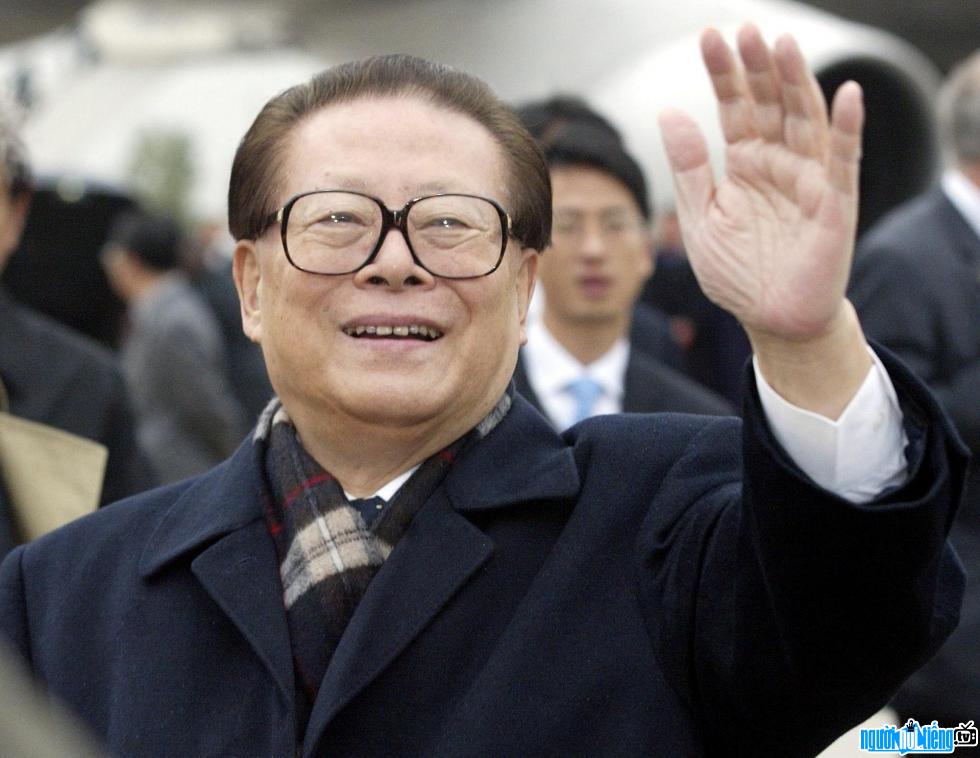
Portrait of Chinese politician Jiang Zemin

A new photo of politician Jiang Zemin

Picture of former General Secretary of the Communist Party of China Jiang Zemin and politician Xi Jinping

Jiang Zemin is third generation leader of the Communist Party of China
#525
Top famous Politicians
#3688
Top famous Zodiac of Leo
#3678
Top famous Chinese Zodiac of The Tiger
#90
Top celebrities born in 1926
#3659
Top celebrities born in August
#1412
Top celebrities born in 17th
#7
Born in An Huy
Comment:
(Use English or Vietnamese)
Your name: Cotent:
Events in 1926 and 17-8
Events in the world in the birth year of Giang Trach Dan
- A general strike in Britain brings the nation's activities to a standstill.
- U.S. marines are dispatched to Nicaragua during the revolt; they remain until 1933.
- Chiang Kai-shek becomes leader of China's revolutionary party following the 1925 death of Sun Yat-sen.
- Richard E. Byrd and Floyd Bennett fly from Spitsbergen to the North Pole and back.
Birthday Giang Trach Dan (17-8) in history
- Day 17-8 year 1807: Robert Fulton's steamboat, the Clermont, began its trip up the Hudson River to Albany.
- Day 17-8 year 1863: Fort Sumter, S.C. was bombarded by Union ships during the Civil War.
- Day 17-8 year 1896: Prospectors found gold in Alaska, a discovery that set off the Klondike gold rush.
- Day 17-8 year 1945: Indonesian nationalists proclaimed independence from the Netherlands.
- Day 17-8 year 1962: 18-year-old Peter Fechter was shot and killed by guards at the Berlin Wall, spurring riots.
- Day 17-8 year 1969: Hurricane Camille devastated the Gulf Coast, killing 248 people.
- Day 17-8 year 1978: The first successful trans-Atlantic balloon flight landed outside of Paris.
- Day 17-8 year 1987: Rudolf Hess, Adolf Hitler's second in command, committed suicide.
- Day 17-8 year 2008: U.S. swimmer Michael Phelps won his eighth gold medal, breaking the record set by Mark Spitz in the 1972 Games. Phelps also set the record for the most golds in a single Olympics.
Other famous Politicians
Famous people born in An Huy
Note about Politicians Giang Trach Dan
Giang Trach Dan infomation and profile updated by nguoinoitieng.tv.
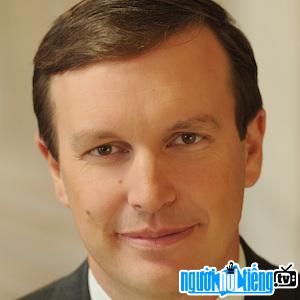
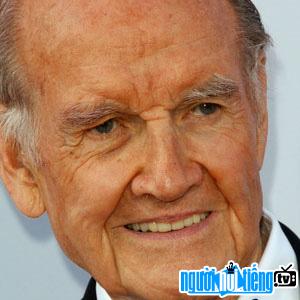

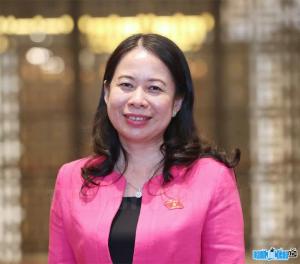
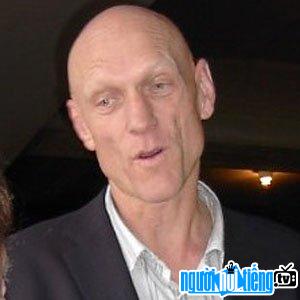
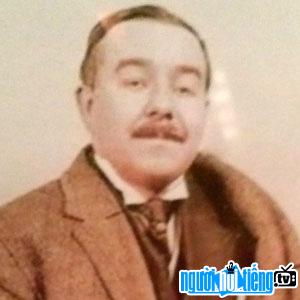
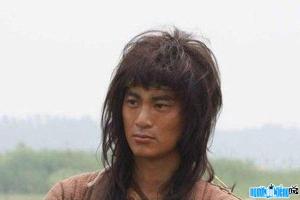

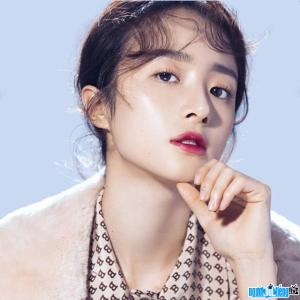
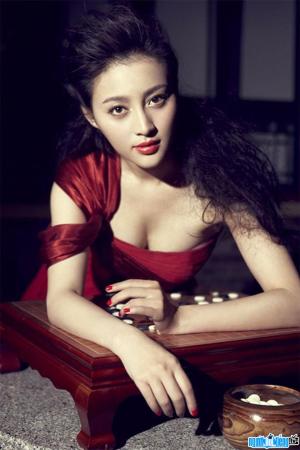

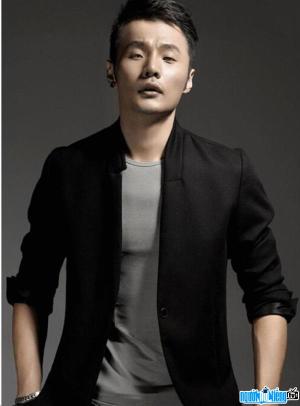
Giang Trạch Dân 01/12/22 20:47
Giang Trạch Dân qua đời hưởng thọ ở tuổi 96